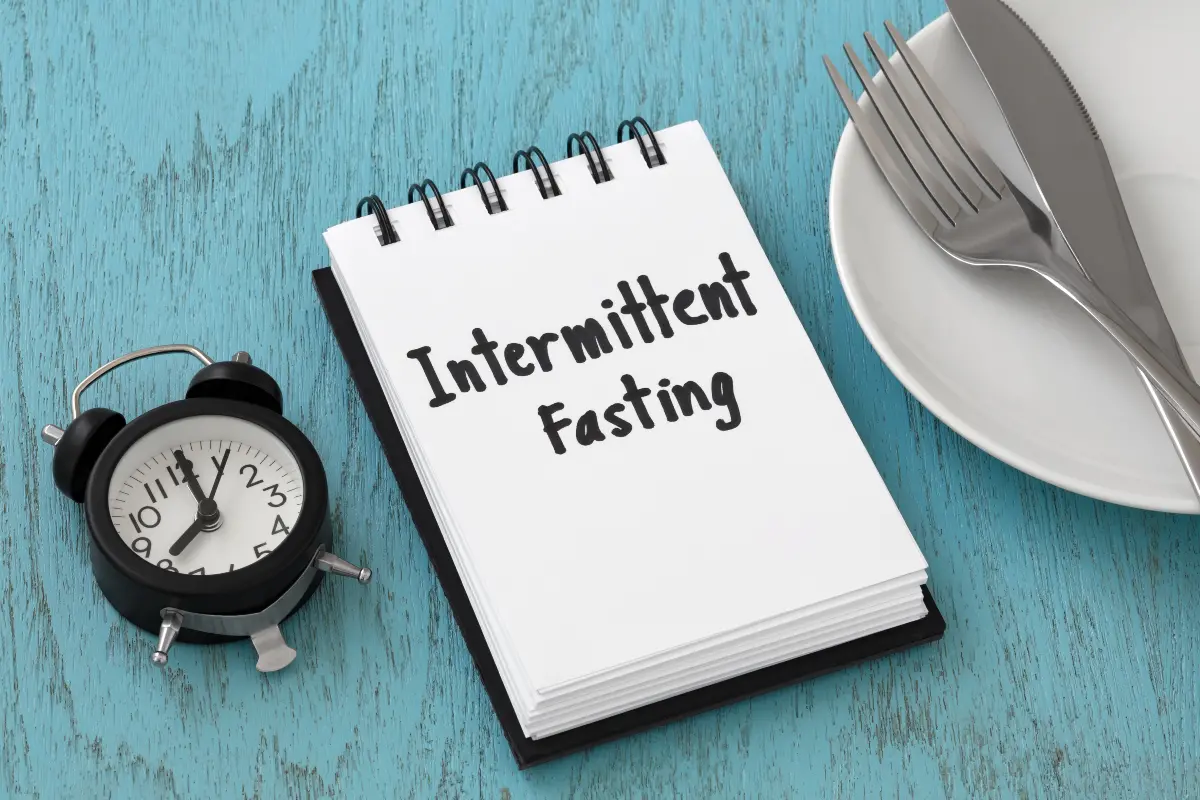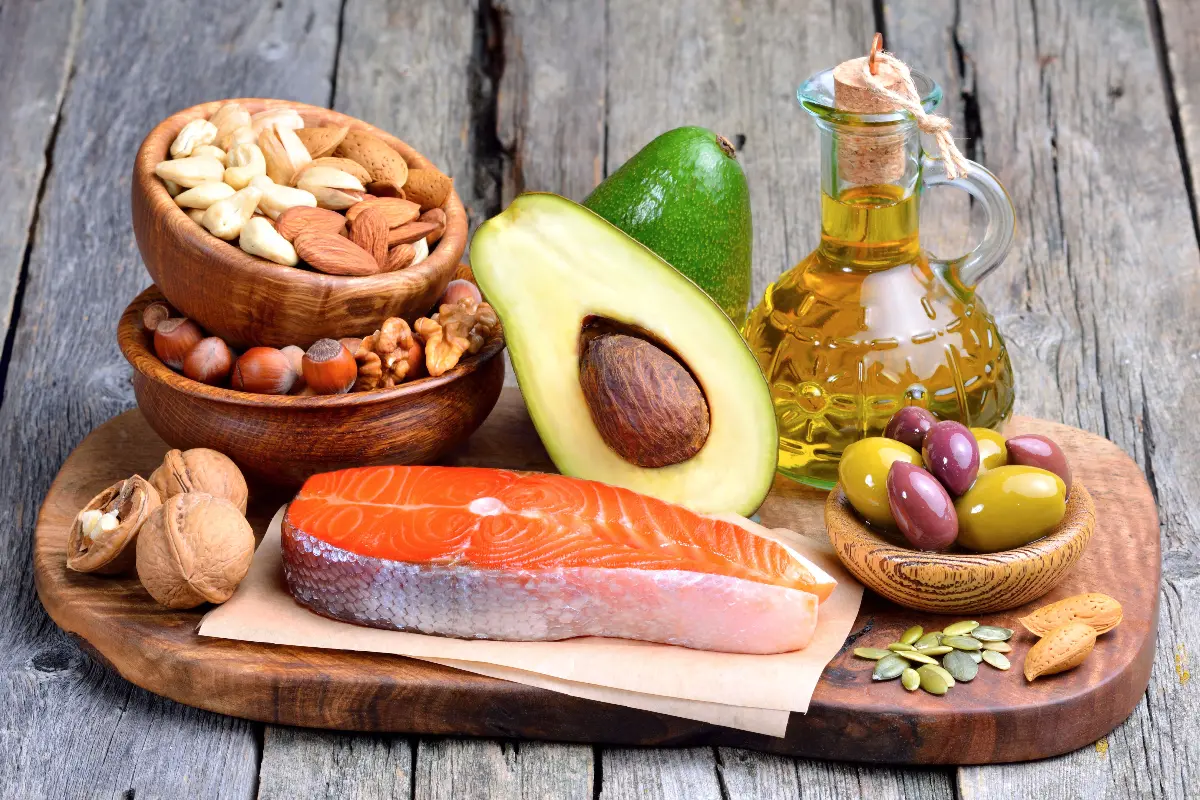Diabetes is a complex health condition that affects millions of people worldwide, imposing limits on the lives of those who suffer from it. While medication and insulin injections are common forms of management, dietary choices play a pivotal role in controlling and possibly preventing diabetes. This symbiotic relationship between food intake and blood sugar levels makes exploring dietary trends like intermittent fasting, the use of artificial sweeteners, and the consumption of high-fat foods particularly pertinent.

Intermittent fasting has gained traction as a lifestyle choice among health-conscious individuals. It generally involves alternating cycles of eating and fasting, which can vary from daily 16-hour fasts to fasting for two days a week. The central idea is that these fasting periods force the body to tap into fat stores for energy, potentially leading to weight loss and improved metabolic health. For those with diabetes, the concept is enticing, as weight loss is often recommended to help manage the condition. Studies have shown that intermittent fasting can lead to improved insulin sensitivity, which is beneficial for those with type 2 diabetes. However, for individuals with diabetes, especially type 1, close medical supervision is critical when embracing such a regimen to avoid any adverse effects, like hypoglycemia.
Switching to the topic of artificial sweeteners, these sugar substitutes have become a staple in the diet of many, especially those trying to reduce sugar intake. While they provide sweetness without the added calories, their impact on diabetes management is not as straightforward. Artificial sweeteners such as aspartame, sucralose, and stevia are considered safe in moderation by most health organisations, and they don't spike blood sugar levels like regular sugar. Yet, research remains inconclusive on whether they are beneficial or detrimental in the long run. Some studies suggest that artificial sweeteners may disrupt the balance of bacteria in the gut, potentially leading to glucose intolerance. On the flip side, they can make transitioning to a reduced-sugar diet more manageable for people with diabetes, helping them to enjoy sweet flavours without the associated blood sugar rise.

Delving into high-fat foods, another hotly debated topic, it's crucial to distinguish between different types of fats. In the past, fat was villainized as a major contributor to weight gain and heart disease, leading many to adopt low-fat diets in hopes of better health. However, modern research points towards a more nuanced view, especially with the increasing popularity of diets like the ketogenic diet, which is high in fat but low in carbohydrates. For diabetics, where the body’s ability to handle insulin is compromised, a diet that minimises carbohydrate intake may seem advantageous. Certain high-fat foods, particularly those rich in monounsaturated and polyunsaturated fats, such as avocados, nuts, and olive oil, can be part of a healthy diet. They can promote feelings of fullness, reducing overall calorie intake, and may also have a less significant impact on blood sugar levels. Still, the key is moderation and ensuring a balanced intake of nutrients, as excessive consumption of saturated and trans fats can exacerbate heart health risks associated with diabetes.
In conclusion, when it comes to managing diabetes, dietary choices can have profound effects on the individual's health and quality of life. Intermittent fasting, artificial sweeteners, and high-fat foods each hold potential benefits and downsides for those living with diabetes. The importance of an individualized approach cannot be overstated—what works for one person may not for another, and all dietary changes should be discussed with a healthcare provider. Above all, staying informed and making educated decisions about food intake can empower individuals with diabetes to lead richer, healthier lives.
